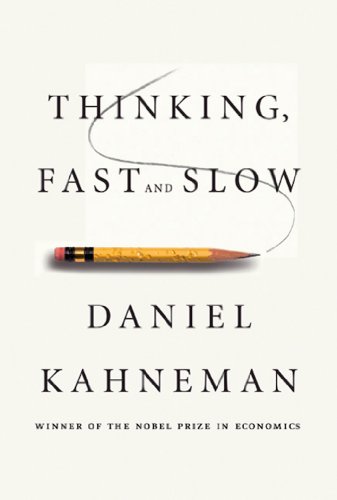

This article is an excerpt from the Shortform summary of "Thinking, Fast and Slow" by Daniel Kahneman. Shortform has the world's best summaries of books you should be reading.
Like this article? Sign up for a free trial here .
What is the meaning of the pygmalion effect? How do our expectations affect results?
The pygmalion effect is a phenomenon in which a person’s expectation of a target person affects the target person’s performance. If you have higher expectations of a person, he or she will tend to do better.
Learn what the pygmalion effect means in everyday life and how bias plays a part in whether the pygmalion effect is positive or negative.
Pygmalion Effect Experiment
The Pygmalion effect says that expectations matter. The pygmalion effect has been most widely demonstrated in the classroom.
In an experiment, students were randomly ordered in a report of academic performance. This report was then given to teachers. Students who were randomly rated as more competent ended the year with better academic scores, even though they started the school year with no average difference.
The Pygmalion Effect and the Ordering Effect
The pygmalion effect can be explained by the order effect.
First impressions matter. They form the “trunk of the tree” to which later impressions are attached like branches. It takes a lot of work to reorder the impressions to form a new trunk. This is the groundwork of the pygmalion effect.
Consider two people who are described as follows:
- Amos: intelligent, hard-working, strategic, suspicious, selfish
- Barry: selfish, suspicious, strategic, hard-working, intelligent
Most likely you viewed Amos as the more likable person, even though the five words used are identical, just differently ordered. The initial traits change your interpretation of the traits that appear later.
The antidote to the ordering effect:
- Before having a public discussion on a topic, elicit opinions from the group confidentially first. This avoids bias in favor of the first speakers.
If we’re not sufficiently aware of the ordering effect, our expectations won’t be fair or accurate, producing a negative pygmalion effect.
Vulnerability to Bias and the Pygmalion Effect
We’re more vulnerable to biases that affect the pygmalion effect when System 2 (slow, deliberate thinking) is taxed.
To explain this, psychologist Daniel Gilbert has a model of how we come to believe ideas:
- System 1 (fast, intuitive thinking) constructs the best possible interpretation of the belief – if the idea were true, what does it mean?
- System 2 evaluates whether to believe the idea – “unbelieving” false ideas.
When System 2 is taxed, then it does not attack System 1’s belief with as much scrutiny. Thus, we’re more likely to accept what it says.
Experiments show that when System 2 is taxed (like when forced to hold digits in memory), you become more susceptible to false sentences. You’ll believe almost anything.
This might explain why infomercials are effective late at night. It may also explain why societies in turmoil might apply less logical thinking to persuasive arguments, such as Germany during Hitler’s rise.
It also explains how we may form negative beliefs that lead to negative pygmalion effects.
———End of Preview———

Like what you just read? Read the rest of the world's best summary of "Thinking, Fast and Slow" at Shortform . Learn the book's critical concepts in 20 minutes or less .
Here's what you'll find in our full Thinking, Fast and Slow summary :
- Why we get easily fooled when we're stressed and preoccupied
- Why we tend to overestimate the likelihood of good things happening (like the lottery)
- How to protect yourself from making bad decisions and from scam artists






